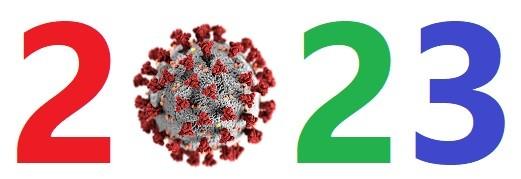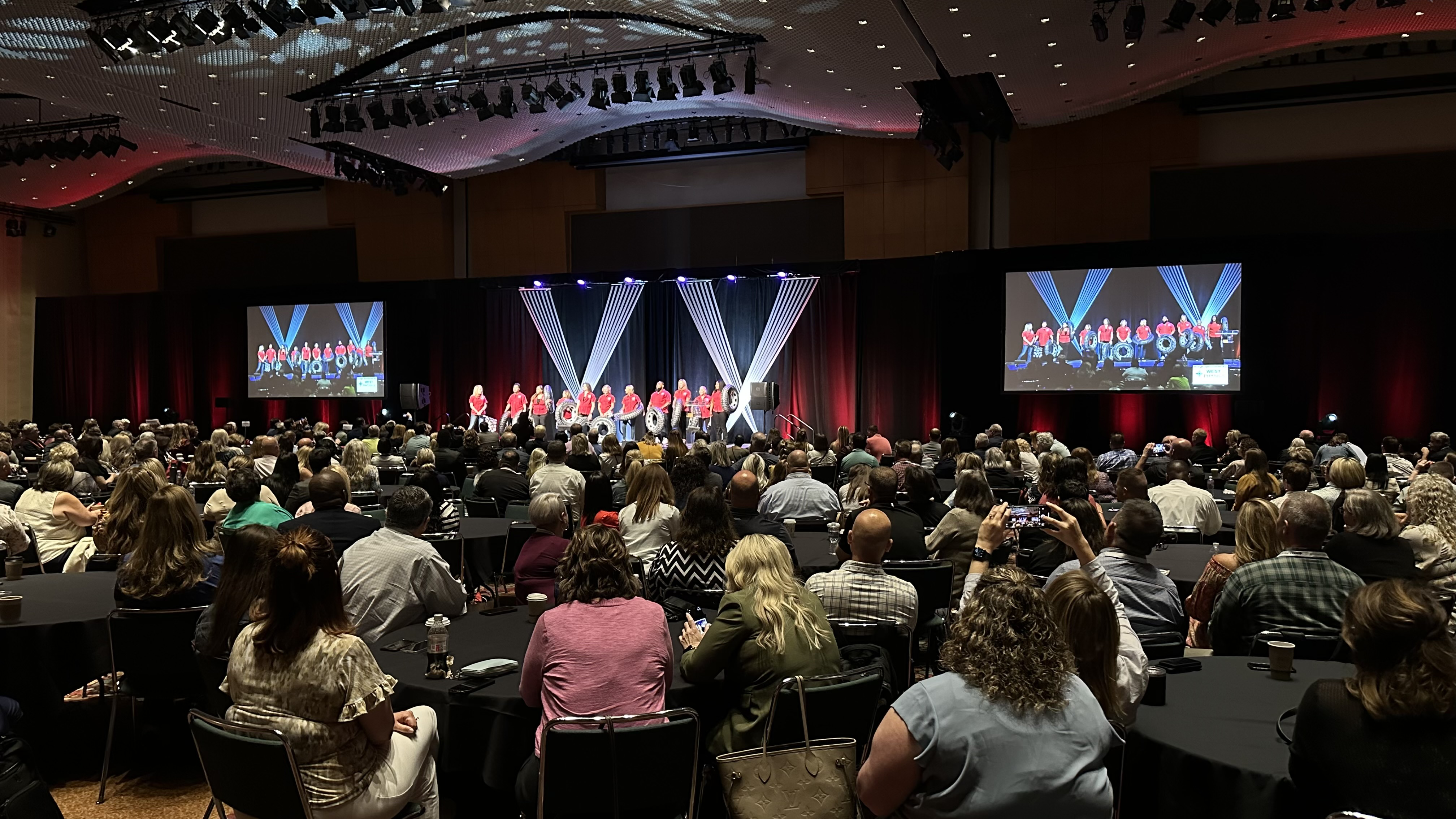The COVID-19 pandemic has had a major impact on conferences and events around the world. From large conventions to small meetings, the virus has caused an unprecedented disruption in the way we plan and attend events. In addition to health concerns, event producers have had to adapt their strategies for organizing and hosting conferences due to changes in travel restrictions, social distancing guidelines, and other safety protocols. As a result, many organizations were forced to cancel or postpone their 2020, 2021, and 2022 events.
We saw an increase of the number of events that returned to in-person in 2021 and even greater numbers in 2022. As we enter 2023, that number is expected to climb once again but there are still in-person events that will return for the first time in 2023. What they implement as their health & safety plan in 2023 will look much different than what was expected/required in 2021 & 2022. There are mixed feelings as to if the theory of “we are back” is felt across the majority of the event world. We understand the risk of severe illness has diminished, however, the spread of Covid-19 is still occurring and some event participants are weary of returning to large in-person events that do not take health & safety precautions. What those precautions are, will be debated for years to come.
Even if we never see another grand spike of COVID-19, the fact that we will continue to live with some risk is enough for some event organizers to continue to include certain parameters to their events. Consistent education on ‘personal surveillance testing’ will help mitigate the large transmissions especially since medical professionals are still seeing asymptomatic spread. Another benefit to using the 3-5-7 theory of ‘personal surveillance testing’ (Testing on day 3,5 and 7 after you have been around large groups) is the fact that at-home rapid antigen tests still require a larger viral load to detect and show a positive test result. If you test too early, even at the onset of a scratchy throat, you may see a negative result since your body does not have enough of the virus in your system to be detected.
It also comes down to personal responsibility and what we do when we do in fact test positive. This applies to all illnesses, not just COVID-19. If you are not feeling well (diagnosed or not) do not continue your normal day-to-day practices if they include being around other people. Masks work but the limited number of people still wearing them is decreasing.
Matt Laws is the Chief Strategy Officer and Managing Partner for Conference Managers and President & CEO of Safe Expo, a Health & Safety company that was formed at the start of the pandemic in 2020 to help with the safe return of meetings and events.




